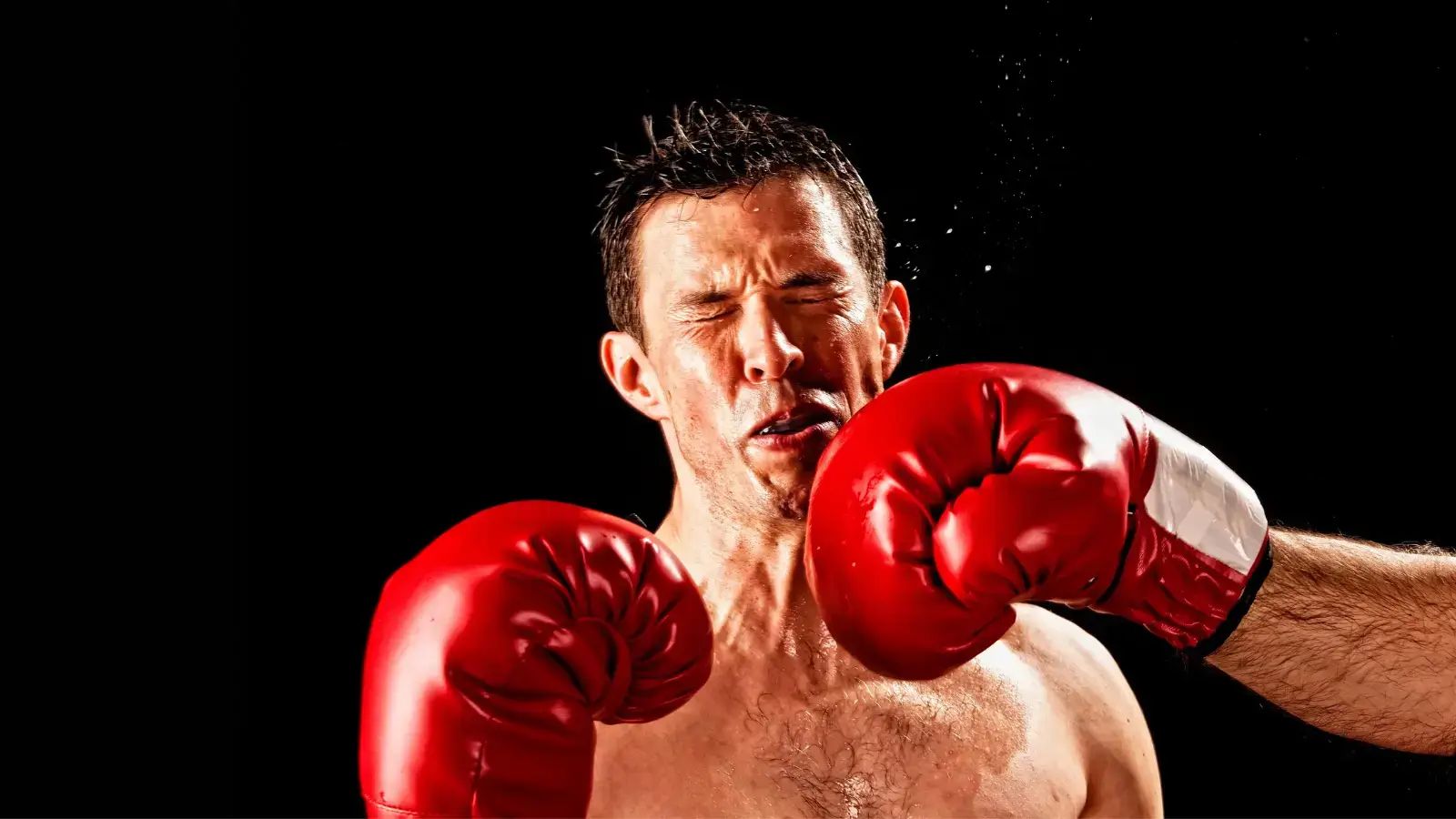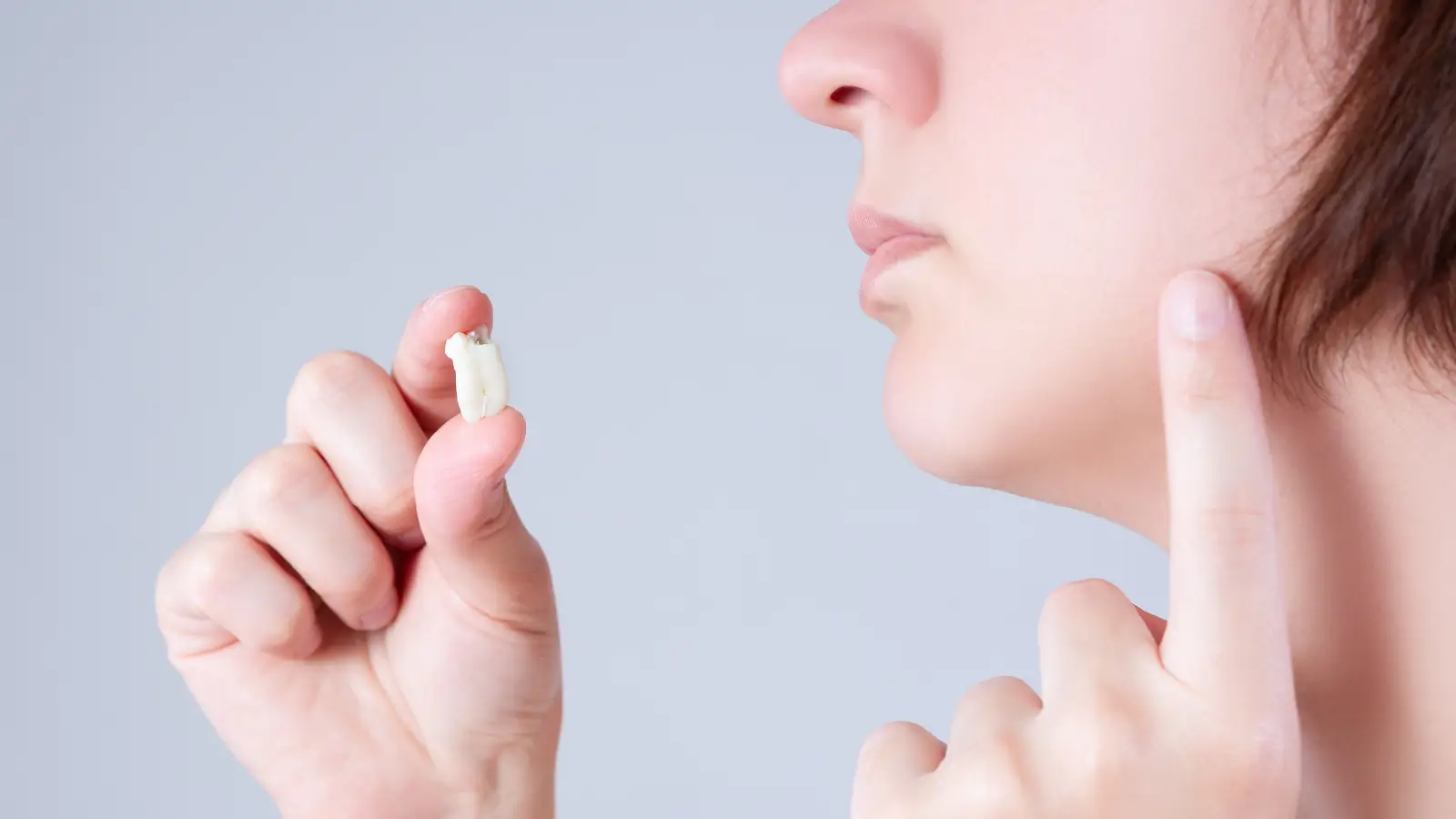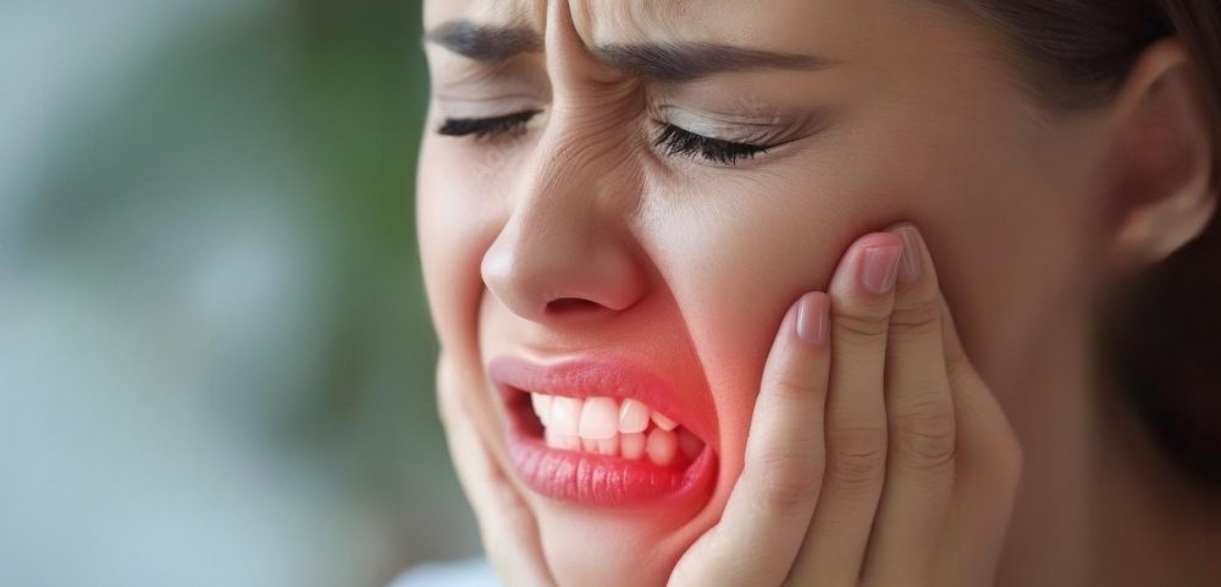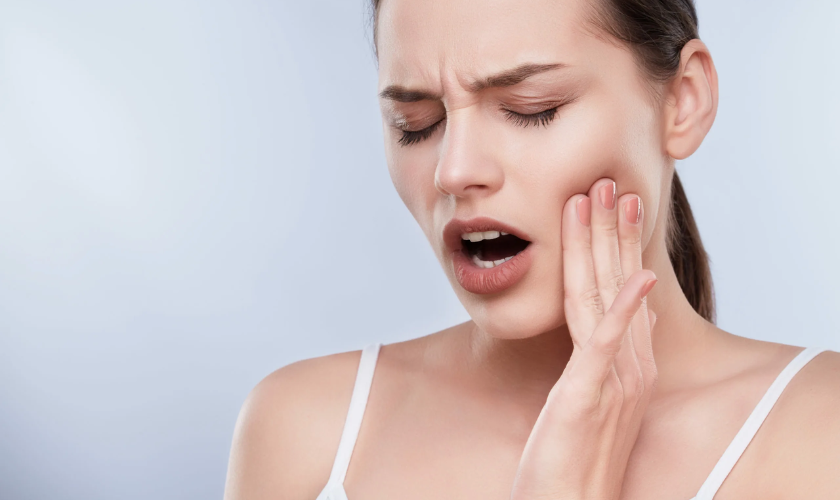Pay Online
What To Do About A Dental Emergency While Playing Sports

The thrill of competition, the roar of the crowd, the adrenaline pumping – sports offer a rush like no other. But amidst the action, accidents can happen, and sometimes, your smile takes the hit. A chipped tooth, a loose tooth, or even a knocked-out tooth can turn a joyous game into a dental emergency. But don’t panic! By remaining composed and following the correct steps, you can minimize damage and potentially save your smile.
Understanding Dental Emergencies During Sports
Contact sports like football, basketball, and hockey carry a higher risk of dental emergency while playing. However, any sport where a ball, equipment, or another player could come in contact with your face can pose a threat. Here are some common scenarios:
- Knocked-out Tooth: This is a serious situation and requires immediate action.
- Chipped or Cracked Tooth: The severity can vary, but it’s important to seek professional help.
- Loose Tooth: This can be caused by a blow to the mouth and requires evaluation by a dentist.
- Soft Tissue Injuries: Cuts, bites, or bruises to the lips, cheeks, or tongue need proper cleaning and treatment.
- Jaw Injuries: These are serious and require immediate medical attention.
Staying Calm and Taking Action:
The key to managing a dental emergency while playing is swift and decisive action. Here’s what to do for different situations:
- Knocked-out Tooth:
- Locate the tooth carefully.
- Do not touch the root, but gently hold the tooth by the crown.
- If possible, rinse the tooth briefly in clean water (not milk or other solutions).
- If reinserting the tooth into its socket gently is not possible, store the tooth in milk. If milk is unavailable, store it in saliva and get to a dentist as soon as possible – ideally within 60 minutes for the best chance of successful reimplantation.
- Chipped or Cracked Tooth:
- Rinse your mouth with warm water & clear away any debris.
- Place a cold compress on the area to help reduce swelling.
- Schedule an appointment with your dentist as soon as possible.
- Loose Tooth:
- Avoid touching or wiggling the tooth.
- Apply a cold compress to the area to reduce inflammation.
- See your dentist to assess the damage and determine the best course of action.
- Soft Tissue Injuries:
- Gently rinse the area with warm water and apply gentle pressure to control any bleeding.
- For larger cuts or persistent bleeding, seek medical attention.
- Jaw Injuries:
- Do not move the jaw and try to keep it stable.
- Apply a cold compress to the area and seek immediate medical attention.
Preventing Dental Emergencies While Playing:
Prevention is always better than cure. Here are some tips to minimize your risk of a dental emergency while playing:
- Wear a Mouthguard: This is essential for all contact sports athletes. A properly fitted mouthguard absorbs impact, reducing the risk of damage to teeth, lips, tongue, and jaw.
- Maintain Good Oral Health: Regular dental checkups and maintaining good oral hygiene practices can aid in identifying and resolving potential weak spots in your teeth.
- Stay vigilant and avoid unnecessary contact with other players or equipment.
- Don’t Play Through Pain: If you experience any pain or discomfort in your mouth during a game, stop playing and seek a professional assessment.
So, a dental emergency while playing can be scary, but by knowing what to do and taking immediate action, you can minimize damage and potentially save your smile. Remember, prevention is key. Wear a mouthguard, prioritize oral health, and stay vigilant during games. With these tips, you can keep your smile safe and keep enjoying the thrill of sports!
Trending FAQs on Dental Emergencies While Playing Sports!
What type of mouthguard should I wear?
There are different types of mouthguards available, including custom-fitted ones from your dentist and over-the-counter options. Consult your dentist for the best choice for you.
Can I save a knocked-out tooth if I lose it for a while?
The chances of successful reimplantation decrease the longer the tooth is out of its socket. However, it’s still important to see a dentist as soon as possible.
Should I go to the dentist if I only have a minor chip in my tooth?
Yes, even minor chips can expose sensitive areas of the tooth and increase the risk of infection. It’s best to see a dentist for proper evaluation and treatment.
What happens if I don’t wear a mouthguard while playing sports?
Skipping the mouthguard significantly increases your risk of dental emergencies during sports. Here’s what you might face:
- A blow to the face without a mouthguard can easily chip, crack, or even knock out a tooth. This can be painful, expensive to repair, and potentially lead to long-term complications.
- Cuts, bites, and bruises to the lips, cheeks, or tongue are more likely to occur without the protective barrier of a mouthguard.
- In severe impacts, the force can be transmitted to the jaw, potentially causing fractures or dislocations. A mouthguard absorbs some of the impact, reducing the risk of such injuries.
How long should I wear a mouthguard?
It’s recommended to wear a mouthguard during any activity where there’s a risk of contact to the face, such as practices, games, and even training sessions. Always follow your coach’s or league’s guidelines for mouthguard use.





